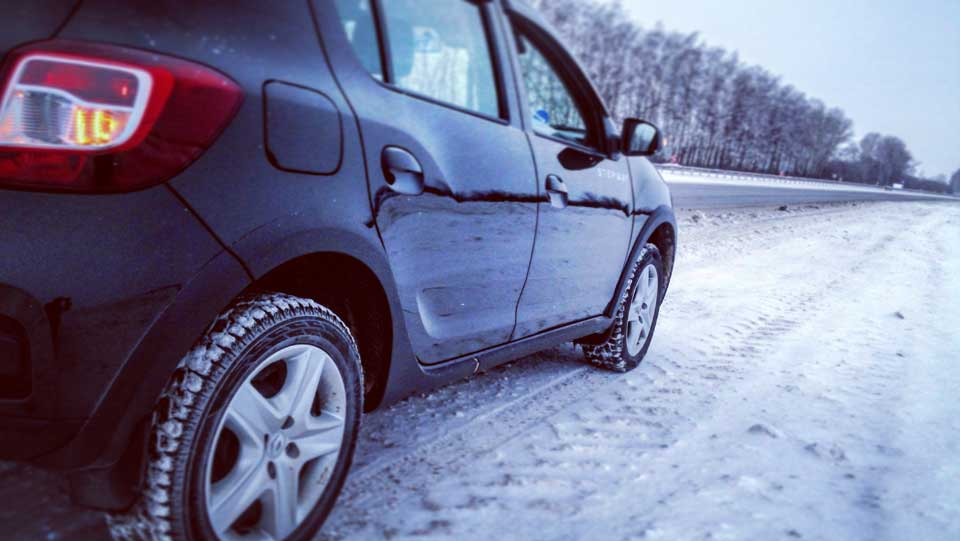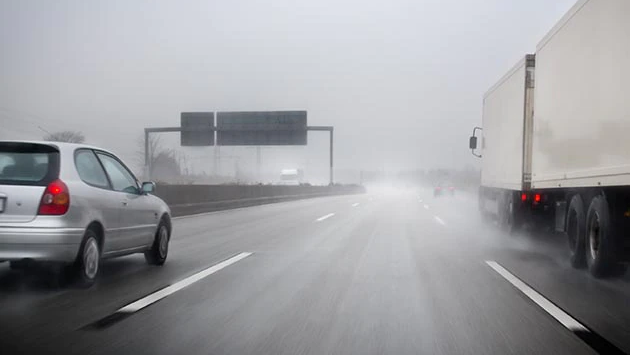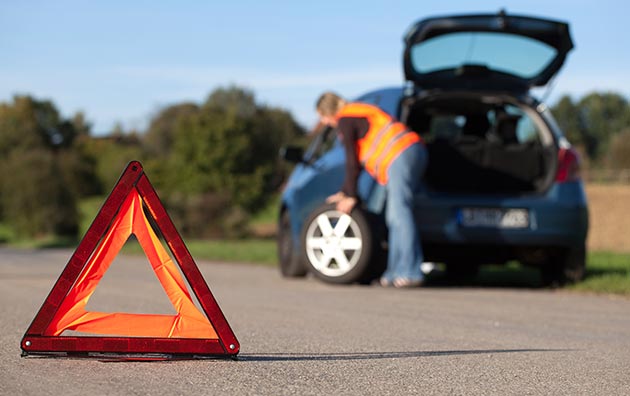Chris Hayes is the Travelers Risk Control Assistant Vice President for Workers’ Compensation and Transportation. Chris oversees risk assessments for workplace safety and auto exposures, development of risk management services for our insureds, and coordinates the training efforts of our transportation, industrial hygiene, post-injury management, and human factors teams. Since joining Travelers in 2001, he has worked as a Northland Transportation Specialist, National Account Consultant, and Regional Training Specialist. Specialties: Transportation safety, behavior-based safety, vehicle telematics, customer training, webinar development, National Accounts management.
More from Chris
Tips for Safe Driving
The Science of Car Crashes
Taking a scientific approach to what causes car accidents can help us better understand – and potentially avoid – them in the future. Learn more from Travelers.

Tips for Safe Driving
The Science Behind Winter Driving
Ever wonder what causes black ice, how snow tires work or what causes hydroplaning? Learn the science behind some common winter driving conditions to help stay safe on the road.

Tips for Safe Driving
How to Drive Safely in Strong Wind and Rain
When driving in heavy rain or wind, be aware of your surroundings and take steps to help you arrive safely to your destination. Learn more from Travelers.

Tips for Safe Driving
Tips for Handling a Tire Blowout
How you handle a tire blowout can make a difference in preventing an accident. Learn how to handle a tire blowout, tire blowout causes and more from Travelers.

